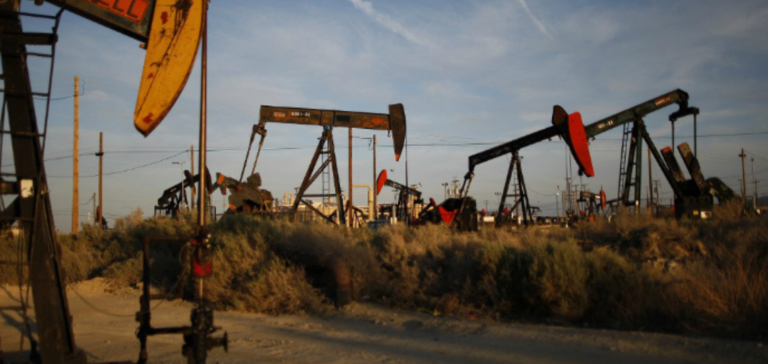The oil and gas industry is at a crucial turning point. According to the International Energy Agency (IEA), to respond effectively to the climate crisis, these industries need to move decisively towards clean energies. This emergency comes in the run-up to COP28, a major international climate meeting.
Clean Energy Investment Challenge
The IEA’s special report, focusing on the fossil fuel industry’s energy transition, emphasizes the necessary alignment of these companies’ activities with the Paris Agreement’s objective of limiting global warming to +1.5°C. To achieve this, the IEA suggests that producers devote half of their investments to clean energy by 2030, while significantly reducing their operational emissions.
The Oil Giants’ Response to the Energy Transition
However, the scale of the challenge is obvious. In 2022, industry investment in clean energy represented just 2.5% of their total expenditure. Fatih Birol, Executive Director of the IEA, underlines this reality by stressing the need for immediate and difficult decisions.
The Impact of Government Inaction on Climate Goals
The situation is made all the more critical by the fact that some oil giants, such as BP and Shell, have recently revised their energy transition targets downwards. These revisions, juxtaposed with government inaction, could seriously compromise climate efforts, as Kaisa Kosonen of Greenpeace International points out.
The Urgency of Reducing Oil and Gas Consumption
To achieve carbon neutrality by 2050, the IEA estimates that oil and gas consumption must fall by more than 75%. What’s more, this scenario implies a massive boom in renewable energies and means that no new long-term conventional oil and gas projects would be needed.
Despite an increase in investment in clean energy in 2022, this represents only a tiny fraction of global investment in decarbonization. Only four major players (Equinor, TotalEnergies, Shell, BP) have devoted a significant proportion of their investments to the transition. The IEA also calls for concrete action on the part of national hydrocarbon companies, which control a significant share of global production. In addition, reducing operational emissions, especially methane, must become a priority.
The oil and gas industry has reached a point of no return in the face of the climate challenge. Decisions taken today will shape the future of our planet. As COP28 looms, these industries must choose between contributing to the climate crisis or becoming an active part of the solution. Time is running out for a radical and committed transformation.






















